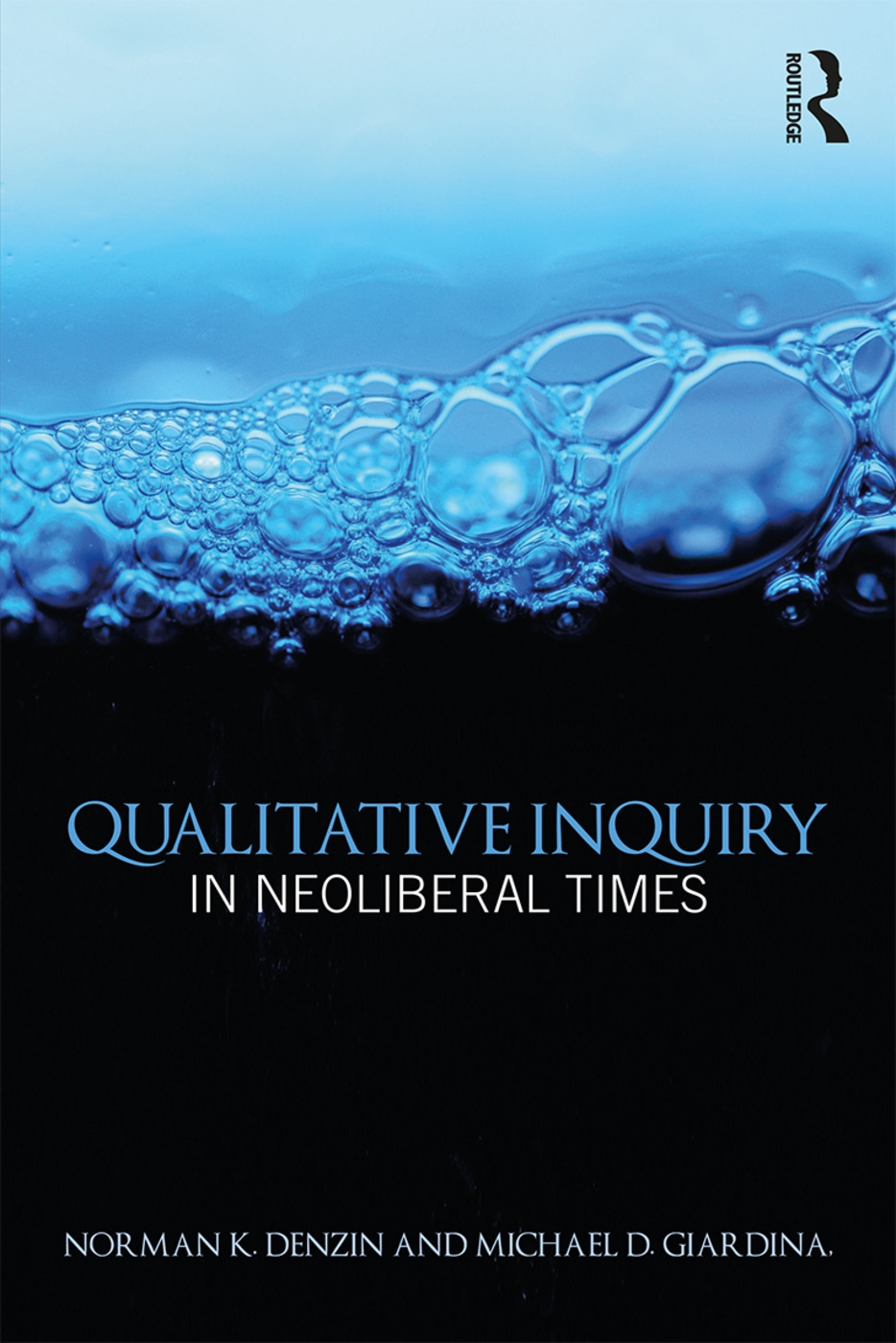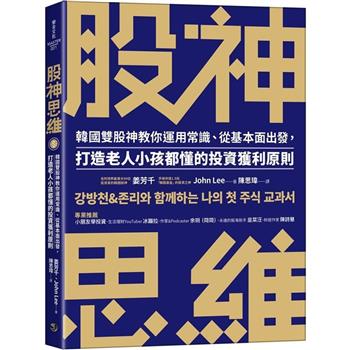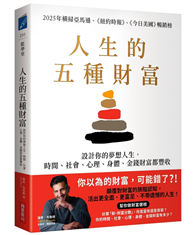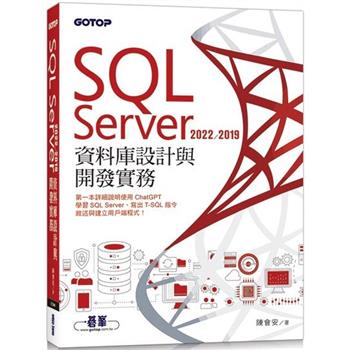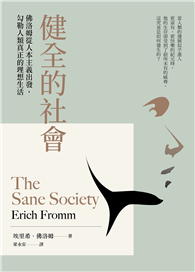Qualitative Inquiry in Neoliberal Times is written from the perspective that the scholarly lives of academics are changing, constantly in flux, and increasingly bound to the demands of the market — a context in which the university has increasingly morphed into a business enterprise, one that treats students as consumers to be marketed to, education as something to be purchased, and research as something to be capitalized on for financial gain. The effects of this market-orientation of scholarly life, especially on those in the social sciences and humanities, are ones that demand serious examination. At the same time, qualitative inquiry itself is changing and evolving within and against the rhythms of this ‘new normal’ — new theoretical perspectives are taking hold; debates about new materialisms are hotly contested; ‘data’ is being reimagined; a new generation of scholars writing against conventional humanist qualitative inquiry have emerged. How we make sense of the changing conditions of the university, the field, and our place as researchers within these spaces are questions that unify this volume.
This volume engages with these emerging debates in qualitative research over new materialism, ’data’, public policy, research ethics, public scholarship, and the corporate university in the neoliberal age. World-renowned contributors from the United States, United Kingdom, Spain, Norway, Australia, and New Zealand present a global perspective on these issues, framed within a landscape of higher education marked if not marred by efficiency metrics, accountability, external funding, and university rankings.
As teachers, scholars, and public servants, qualitative researchers of all traditions are uniquely equipped to transform the neoliberal condition, to reach beyond the walls of the profession, to engage with disparate and competing publics, to conduct research that materially effects if not changes the course of the historical present. Qualitative Inquiry in Neoliberal Times offers one way forward toward this end. It will be a must-read for faculty and students alike interested in the changing dynamics of their profession, whether theoretically, methodologically, or structurally and materially.
